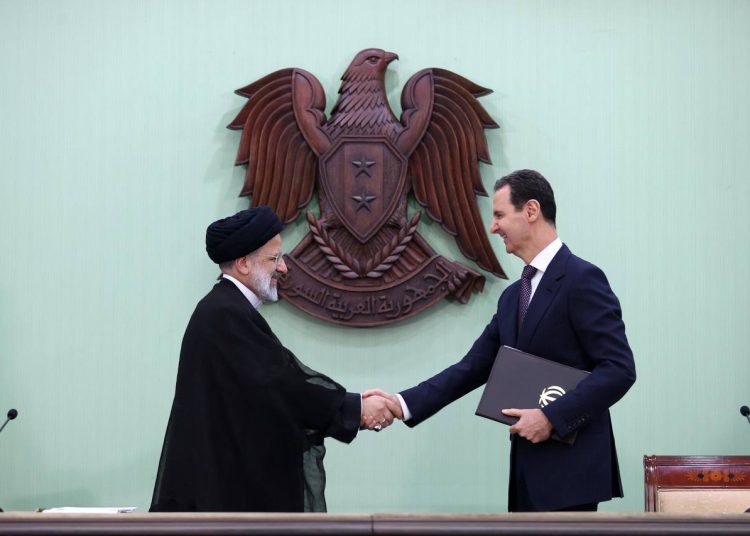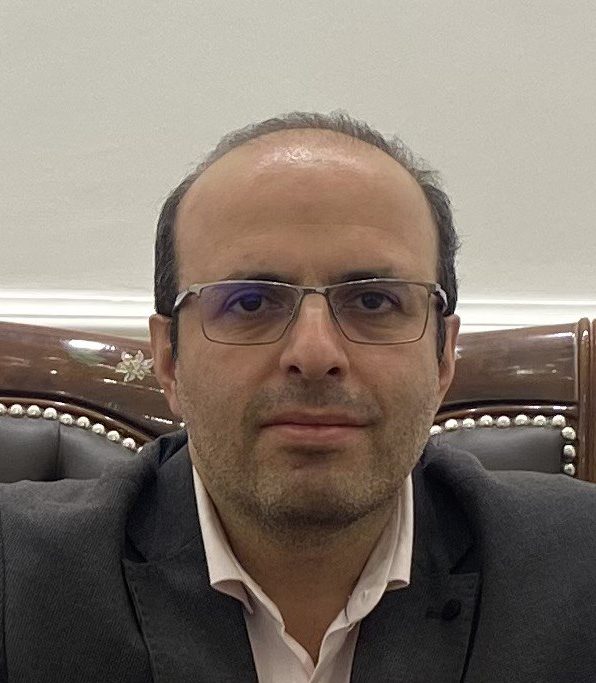Amid such an atmosphere, President Raisi’s trip to Syria conveys a clear message of disappointment with the West’s actions and attitudes.
By Ali Mousavi Khalkhali
The recent visit of Iranian President Seyyed Ebrahim Raisi to Syria undeniably marks a significant juncture in the regional geopolitical landscape. This consequential trip, which arguably should have transpired much earlier, arrived at a critical moment and raises the question why it was not undertaken sooner. The answer appears to lie in the increasingly palpable deadlock between Iran and the West, particularly concerning the stalled nuclear negotiations. For nearly eight months, dialogues between Iran and the West have ceased, replaced by unproductive phone calls between high-ranking officials and message exchanges, yielding no tangible outcomes thus far. It is plausible to suggest that the current Iranian administration harbors a degree of disillusionment with the progress of its negotiations with Western states.
Despite the potentially transformative regional implications of the agreement between Iran and Saudi Arabia, it seemingly failed to catalyze a significant breakthrough in relations between Iran and the West. Previously, Western nations had urged Tehran to engage with Arab countries who felt marginalized by Iran’s interactions with the West, emphasizing the need for a concurrent understanding with Arab neighbors within the context of negotiations. In response, Iran has now established agreements with Saudi Arabia and the United Arab Emirates, as well as improved relations with other Arab nations, including Egypt.
Moreover, the normalization of Arab relations with Syria appears to have been facilitated by agreements between Tehran and Riyadh, prompting the two nations to consider normalizing relations and reopening embassies in each other’s capitals. Furthermore, after a 13-year hiatus, Syrian President Bashar al-Assad visited Saudi Arabia and attended an Arab League meeting hosted by Crown Prince Mohammed bin Salman.
The developments also signal a shift towards peace and ceasefire between the warring factions in Yemen.
However, the West’s reaction to these developments has been less than enthusiastic. While Europeans have offered diplomatic compliments, Americans have exhibited a dual stance, with their displeasure outweighing their satisfaction. It is worth recalling that, when the JCPOA was initially reached, diplomats from Saudi Arabia, the UAE, and their allies vehemently opposed it in Western capitals, reaching a zenith during Donald Trump’s presidency.
It appears that the West harbored aspirations, if not plans, to achieve reconciliation and normalization between Iran and Saudi Arabia and other Arab nations only after securing a nuclear agreement and restoring the JCPOA. Consequently, the current sequence of events has irked Western powers, leading to their unwillingness to resume JCPOA negotiations with Iran. The cold reception of Iran’s chief negotiator Ali Baqeri Kani’s European visit to restart talks exemplifies this reluctance.
It appears that the West harbored aspirations, if not plans, to achieve reconciliation and normalization between Iran and Saudi Arabia and other Arab nations only after securing a nuclear agreement and restoring the JCPOA.
Amid such an atmosphere, President Raisi’s trip to Syria conveys a clear message of disappointment with the West’s actions and attitudes. This sentiment is underscored by recent events, such as the seizure of Iranian and foreign oil tankers by both the United States and Iran, and an Israeli airstrike on Aleppo’s airport just one day prior to Raisi’s visit. Interestingly, reactions to the Syrian visit have been predominantly observed in Israeli media, while Western authorities have exercised caution in their responses.
The current Iranian government has astutely focused on expanding relations with neighboring countries and has explicitly expressed its intention to align with Russia and China in international affairs. By accepting China’s role in mediating relations between Iran and Saudi Arabia, Tehran demonstrates its trust in Beijing over other global powers. In this context, solidifying the Arab front aligned with Iran is the paramount objective for Iran’s current administration, viewed as a response to Western pressure. With the International Atomic Energy Agency Board of Governors meeting and the deadline for lifting sanctions under the JCPOA approaching, this pressure is likely to intensify in the coming days.






